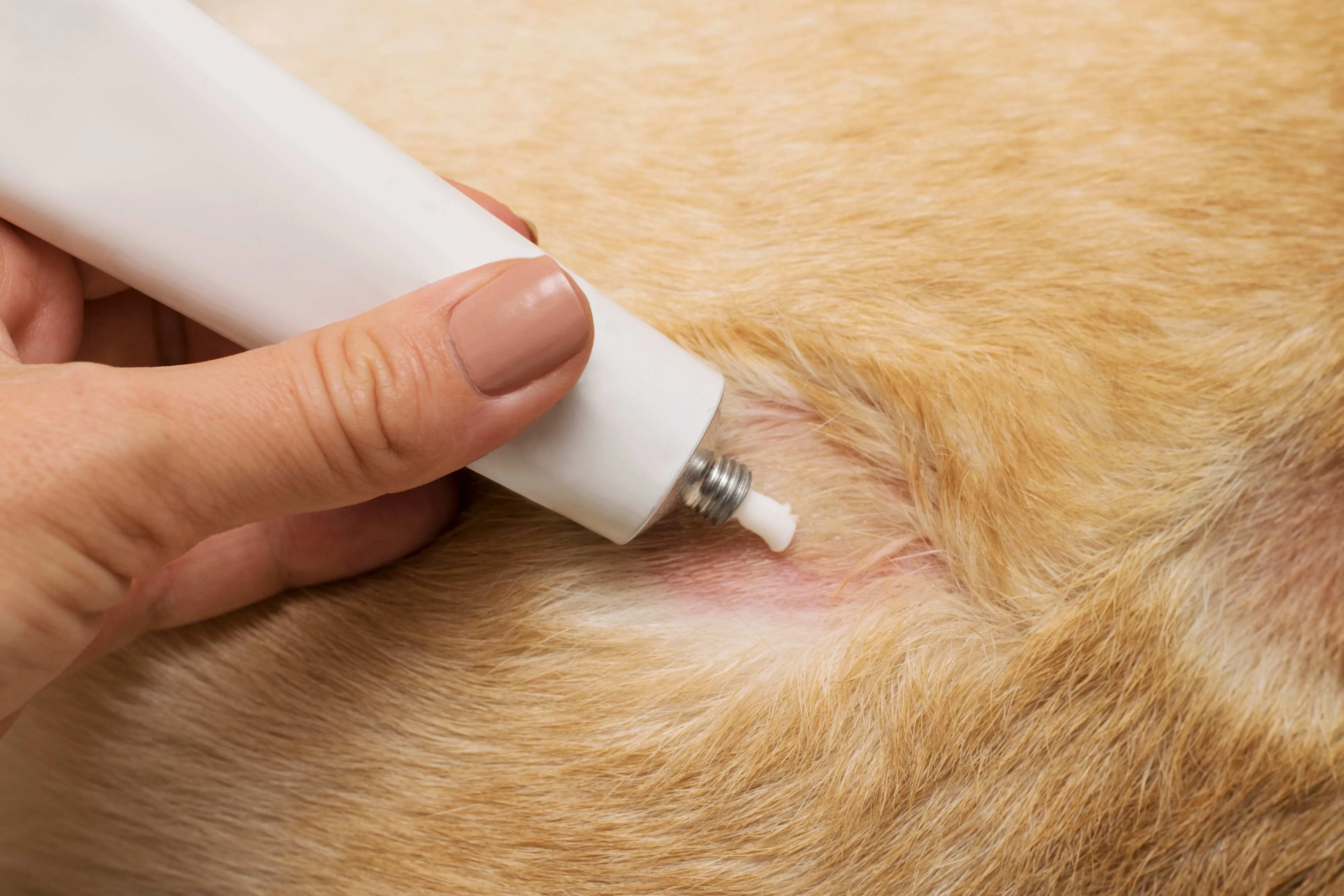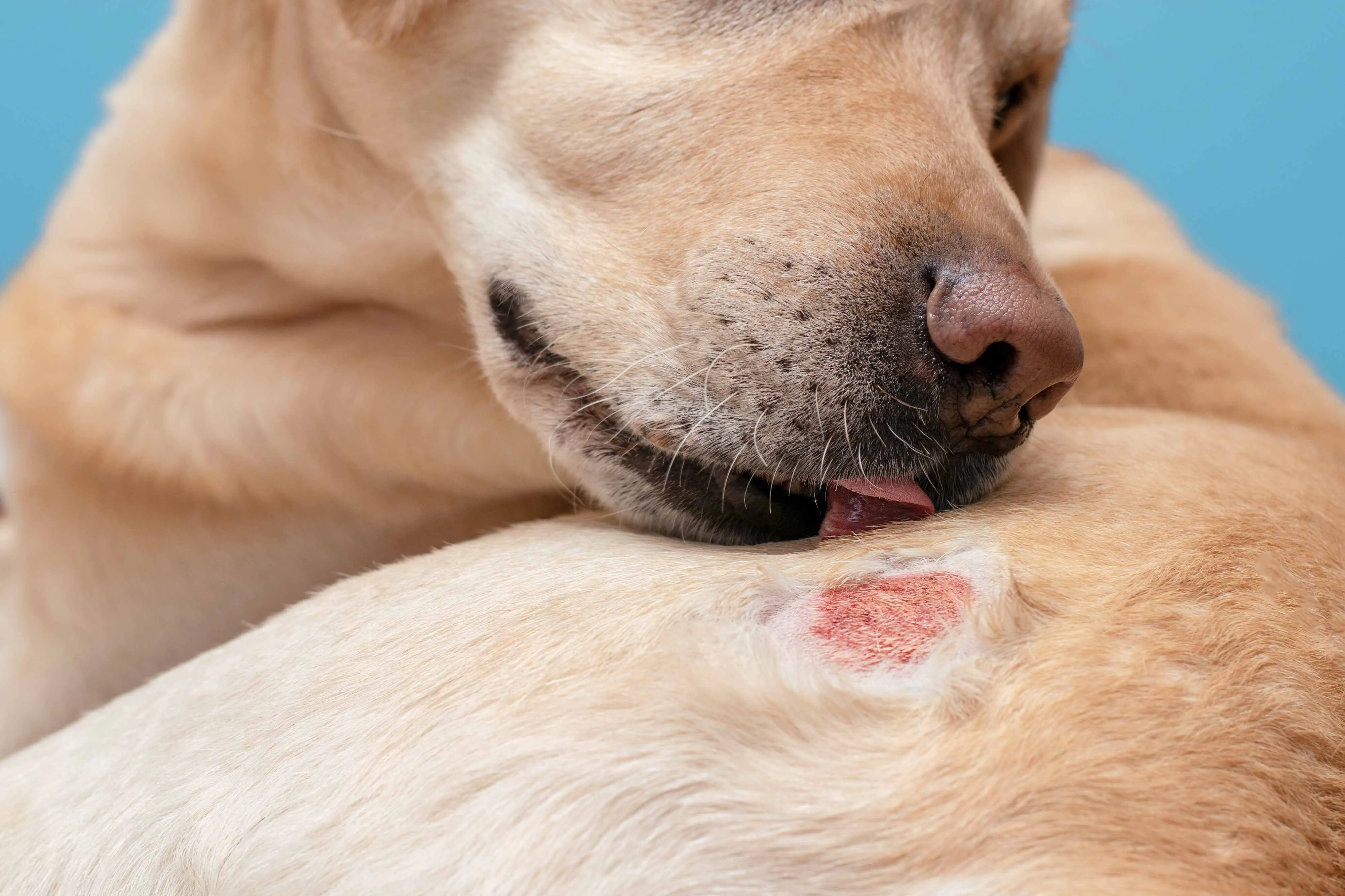Pet Dermatology




The skin is the largest organ; it protects the internal organs from environmental threats and regulates body temperature. It is the same with pets. When your dog’s or cat’s skin is not healthy, it can affect its comfort and quality of life. It can also raise the risk of developing systemic conditions or reflect internal problems.
Our primary veterinarian at Orange Park Animal Hospital at Oakleaf, Dr. James Gillen, has developed a particular interest in dermatology. If you live in or around Oakleaf Plantation, Orange Park, or NAS Jacksonville, your pet is in excellent hands with Dr. Gillen’s considerable knowledge and experience identifying, managing, treating, and preventing a wide range of skin-related conditions.

Simply put, this is a rash; however, not all forms of dermatitis are the same. Common types include:
Pollen, mold, mites, and other environmental antigens may be to blame for atopic dermatitis. It’s a common problem among dogs. Some breeds, such as terriers, may be more prone to developing this chronic skin problem. It can’t be cured necessarily, but it can be controlled successfully with proper management.
Allergic skin diseases tend to mimic other dermatologic conditions, for instance, ringworm and mange. It’s essential to visit skin professionals like our team, who have advanced in-house diagnostics and focused knowledge. We can pinpoint the actual cause of your pet’s itchy, irritated skin. Not unlike people, changes to the skin can be indicative of underlying diseases like diabetes or lupus. Again, our team will get to the bottom of what is manifesting on the skin. Accurate diagnoses inform effective treatment and fast relief for your pet. This approach further helps to avoid potential dermatologic and systemic complications.
Around 95% to 98% of itchy, irritated skin is caused by one of five factors, according to the American Kennel Club:

Once we have confirmed the suspected source of your furball’s itch, Dr. Gillen may recommend one or a mix of the following approaches:
Common allergens among cats and dogs include beef, dairy, wheat, fleas, pollen, dust, mites and perfumes in products such as cleaning supplies
Reduce flares, minimize secondary infections
Introduction, adjustment, or enhancement of flea control measures
Controlled exposure to allergens, which desensitizes your pet to the offending substance over time
If an underlying disease is to blame, we will work with you to manage the condition.
Seemingly innocuous symptoms, like rashes, have many potential causes and can affect your pet’s overall health. Contact us today to schedule an appointment. We’ll get your precious pet on the road to looking and feeling better right away!
The staff are so friendly and the doctor is amazing. He called us on the next day to check on our dog. Thumbs up! Really recommended!!
Giovana Castro

They were so kind and did everything they could to make her first visit stress free and fear free. Would definitely recommend!
Jacque Lawless

Staff is extremely knowledgeable, patient (with us and the pup), and friendly!
Justin Thomas
